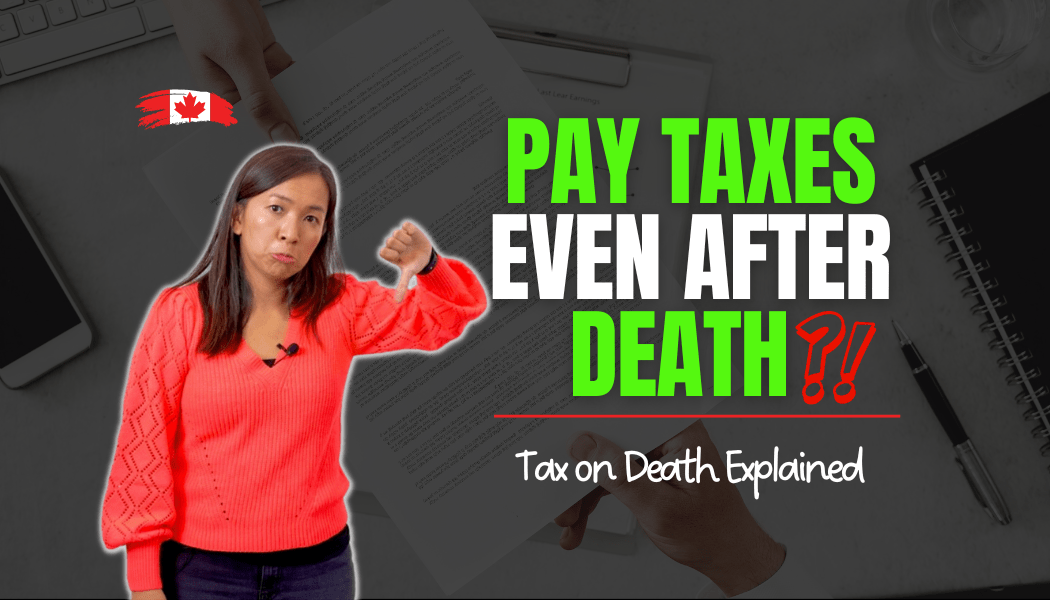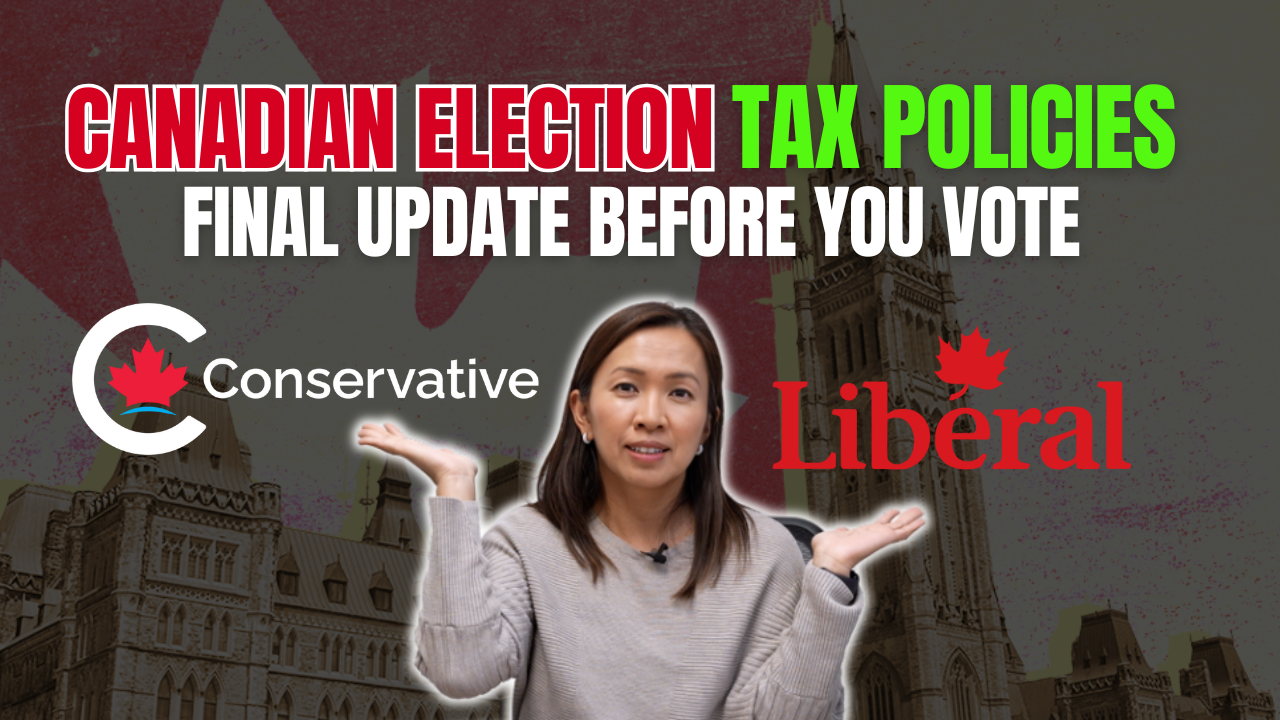Many individuals live under the mistaken belief that death equals the end of tax obligations. They think that if they don’t sell their properties during their lifetime, their tax liabilities cease with their demise. However, this couldn’t be further from the truth.
In this blog, I will take you through the crucial aspects of understanding and preparing for the tax implications upon death and provide valuable insights to help you plan for your financial future.
The Reality of Taxes After Death
Taxes can, and most often do, persist beyond our lifetime, especially if we own significant assets such as rental properties. This brings us to a critical question: how does this taxation work, and what implications could it have for your loved ones after you’ve passed away? Let’s take a look at the story of Sharon and Spencer to gain some insights.
Case Study: Sharon and Spencer
Sharon and Spencer were a couple with a net worth of $1.9 million. Their assets included rental properties, Tax-Free Savings Accounts (TFSAs), and Registered Retirement Savings Plans (RRSPs). When Sharon passed away, all her assets rolled over to Spencer without any immediate tax implications. This special provision is known as a “rollover.”
The “Rollover” Provision and Its Impact
While the rollover provision initially seems like a tax-free solution, it’s important to note that this tax relief is only temporary. When Spencer subsequently passes away, all his assets—including those inherited from Sharon—are deemed to have been disposed of at their fair market value. This can lead to a significant tax burden.
Fair Market Value and Estate Taxes
For instance, if Sharon and Spencer’s rental properties were initially purchased for $450,000 each and their fair market value at the time of Spencer’s death was $800,000, the capital gains from both properties would need to be reported on Spencer’s tax return.
RRSPs, TFSAs, and Taxable Income
Furthermore, the total value of Spencer’s and Sharon’s RSPs is recognized as Spencer’s income. Any income he earned from employment and any recapture income from rental properties also have to be included in his final tax return.
The Estate Trustee’s Burden
These taxable income sources could total up to $540,000, resulting in a tax payable amount of about $247,000. Meeting this tax obligation can be challenging for the estate trustee, especially if the estate lacks sufficient liquid assets.
The Importance of Tax Planning for the Future
Without proper tax planning, Spencer’s situation could put the estate trustee in a difficult position. The ability to manage such substantial tax implications is crucial to ensuring that the deceased’s assets are distributed according to their wishes without unnecessarily burdening their loved ones.
Strategies for Better Tax Planning
Therefore, it’s essential to plan for future tax implications by maintaining a comprehensive net asset statement and understanding the potential tax liabilities and capital gains upon death. Also, consider strategies such as offsetting and deferring rental income.
Controlling Taxes Even in Death
Believe it or not, we can have some control over our taxes, even after we’ve passed away. By planning ahead and making informed decisions about our assets, we can significantly influence our estate’s tax liability.
The Age Factor in Tax Liability
The age at which an individual passes away can significantly affect the tax burden on their estate. For example, the taxable income of a person who dies at age 65 might be around $995,000, resulting in approximately $491,000 in taxes. This illustrates the significance of early and effective tax planning.
In conclusion, death may be a certainty, but the amount of taxes owed upon death isn’t set in stone. With proper understanding and strategic planning, one can leave a legacy for their loved ones without a substantial tax burden.
Until next time, happy Canadian Real Estate Investing.
Cherry Chan, CPA, CA
Your Real Estate Tax Accountant






Liza Cabasa
Very informative. Wish to hear more taxes topics .
Cherry
Thanks!